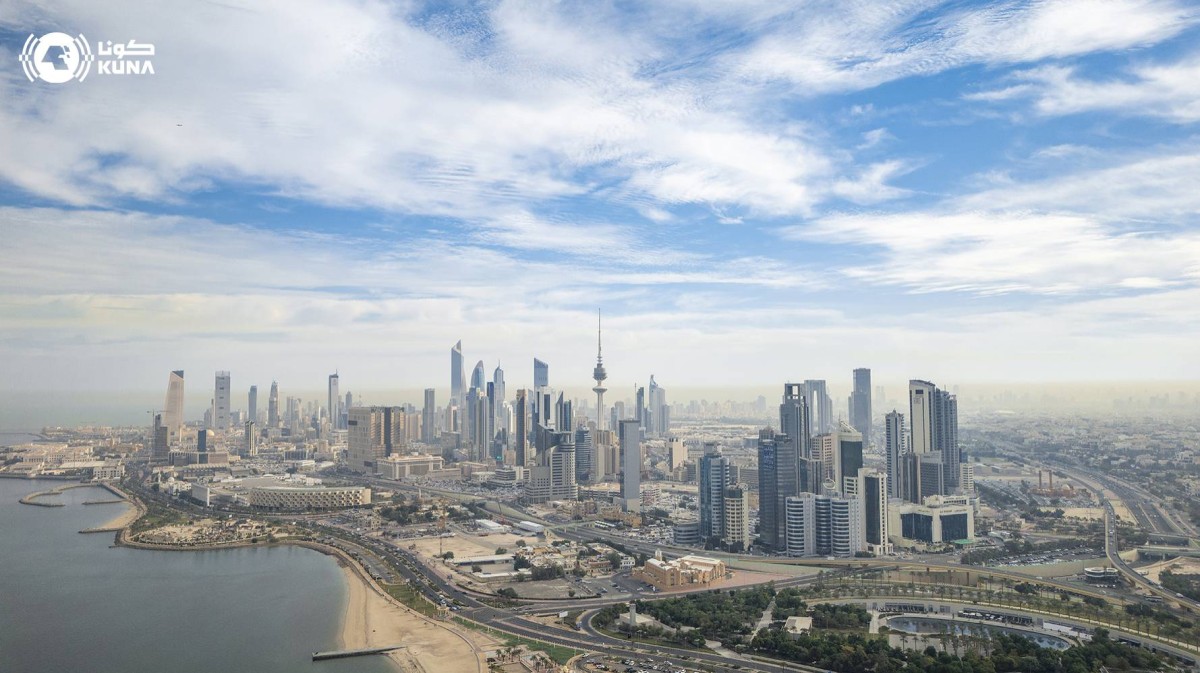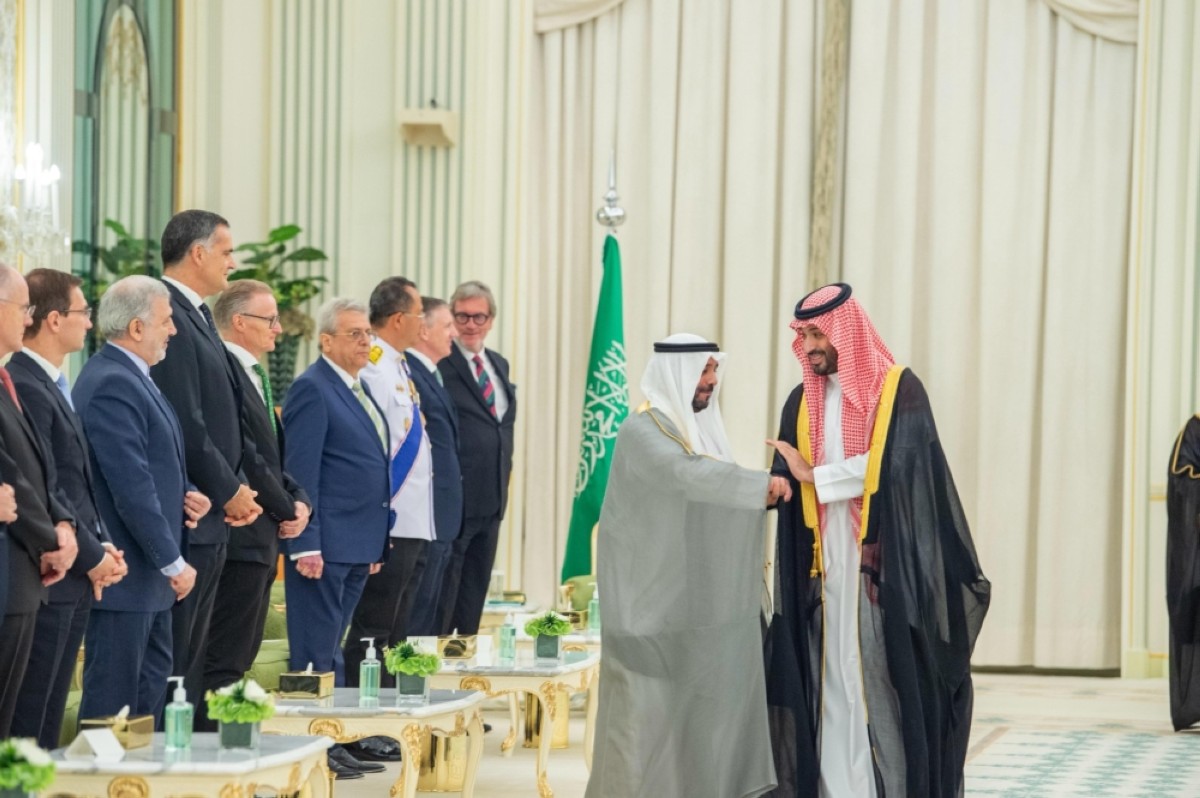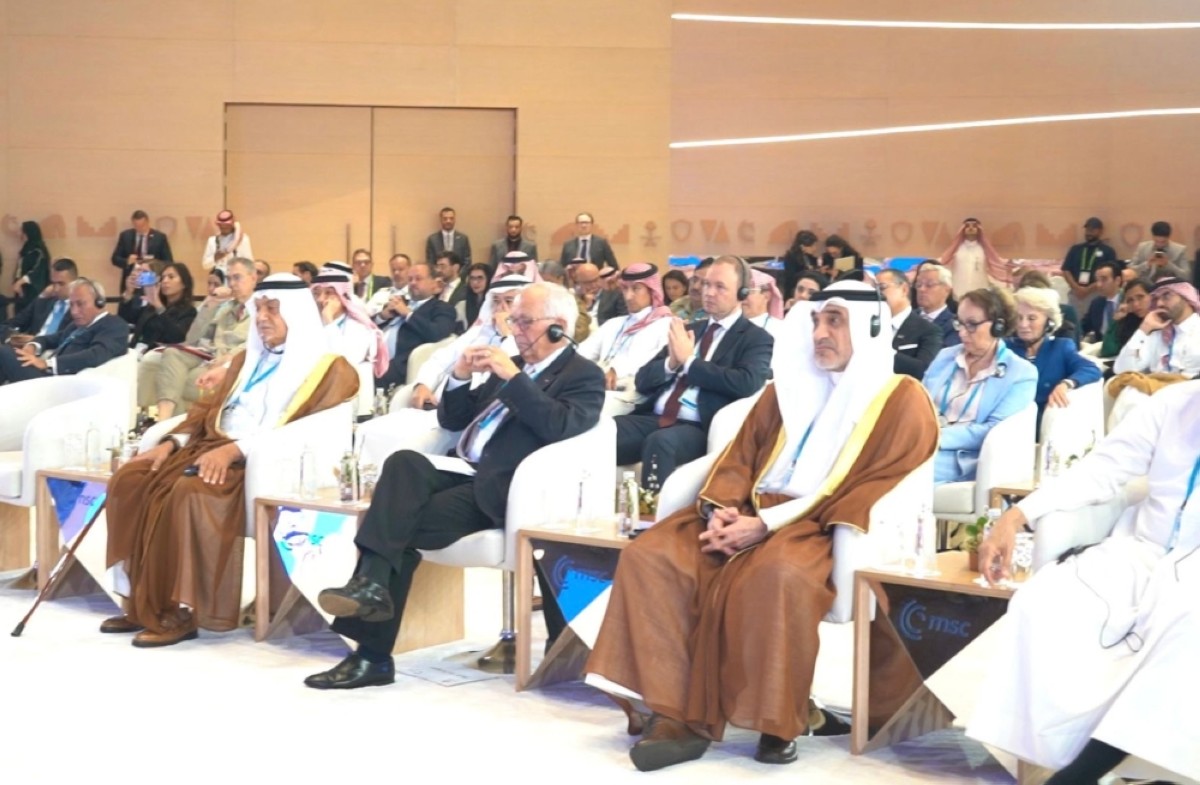Latest News
Unpaid bills? Kuwait can suspend your electricity, water, and more starting September

Latest News
KPC highlights sector strengths; Q8 wins awards at IDCE 2025
Latest News
Kuwaiti Ambassador presents credentials to Saudi Crown Prince
Latest News
Deputy PM stresses cooperation amid Gaza crisis at summit
-

 Business22 hours ago
Business22 hours agoJapan’s central bank survey shows an improved outlook for manufacturers
-

 Politics15 hours ago
Politics15 hours agoJahra Traffic Crackdown: Vehicles Seized, Violators Arrested
-

 Latest News20 hours ago
Latest News20 hours agoMinister: Kuwait’s ranking on US Trafficking in Persons Report improved
-

 Latest News22 hours ago
Latest News22 hours agoAmir receives Crown Prince, speaks with Oman Sultan
-

 Latest News13 hours ago
Latest News13 hours agoCAN kicks off annual breast cancer awareness campaign
-

 Politics12 hours ago
Politics12 hours agoKuwaiti Fined KD 10,000 for Insulting Kuwaiti Society in Viral Video
-

 Politics13 hours ago
Politics13 hours agoIndian Man, Nepali Woman Face Trial in Kuwait Murder Cases
-

 Latest News12 hours ago
Latest News12 hours agoKuwait to standardize recognition of foreign high school diplomas






















